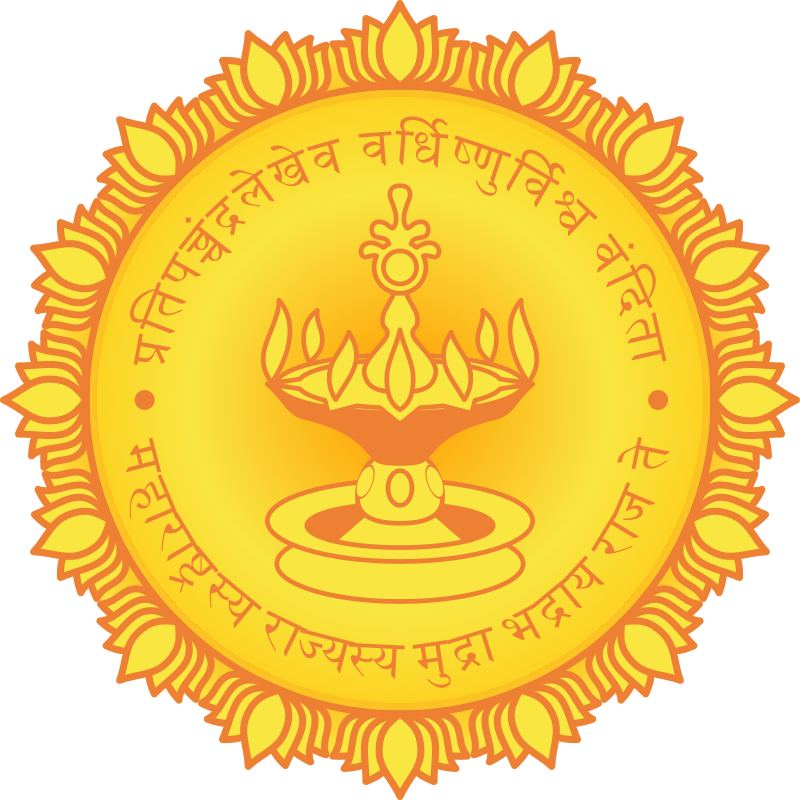Water Quality and Sanitation
The Water and Sanitation Department of the Zilla Parishad in Raigad is crucial for ensuring access to clean drinking water and promoting hygiene and sanitation practices in the district’s rural areas. This department often functions under the leadership of a Deputy Chief Executive Officer (Water Supply and Sanitation).
Here are its brief functions:
Rural Drinking Water Supply (Jal Jeevan Mission): This is a primary focus. The department is responsible for implementing and overseeing the Jal Jeevan Mission (JJM), a central government scheme aimed at providing functional household tap connections (FHTCs) to every rural household. This involves:
Planning, designing, and executing water supply schemes in villages.
Constructing borewells, wells, overhead tanks, pipelines, and other water infrastructure.
Ensuring the maintenance and repair of existing water supply systems.
Providing a minimum quantity of potable water (e.g., 55 liters per person per day).
Water Quality Monitoring and Surveillance: A critical function is to ensure the quality and safety of drinking water. This involves:
Regular testing of water sources for chemical and bacteriological contamination.
Taking corrective measures to purify contaminated water.
Awareness campaigns on water safety and purification methods.
Rural Sanitation (Swachh Bharat Mission – Gramin): The department implements the Swachh Bharat Mission (Grameen), which focuses on achieving open defecation-free (ODF) status and promoting solid and liquid waste management in rural areas. This includes:
Construction of Individual Household Latrines (IHHLs): Providing financial incentives and technical guidance for the construction of toilets in individual households.
Community Sanitary Complexes: Constructing and maintaining public and community toilets in villages.
Solid Waste Management (SWM): Promoting and facilitating the collection, segregation, transportation, and disposal of solid waste at the village level, including plastic waste management and Gobardhan projects (waste-to-wealth initiatives).
Liquid Waste Management (LWM): Implementing projects for the management of greywater (e.g., from bathing and washing) and blackwater (sewage), such as soak pits, magic pits, and community drainage systems.
Behavioral Change and Awareness: The department conducts extensive Information, Education, and Communication (IEC) activities to bring about behavioral changes regarding hygiene and sanitation practices. This includes:
Organizing awareness campaigns, workshops, and training programs at the village and school levels.
Promoting handwashing, safe disposal of waste, and other healthy habits.
Implementing cleanliness drives like the Sant Gadgebaba Gram Swachhta Abhiyan.
Planning and Monitoring: The department prepares annual action plans, monitors the physical and financial progress of various schemes, and submits reports to higher authorities. It also conducts surveys to assess the impact of its interventions.



